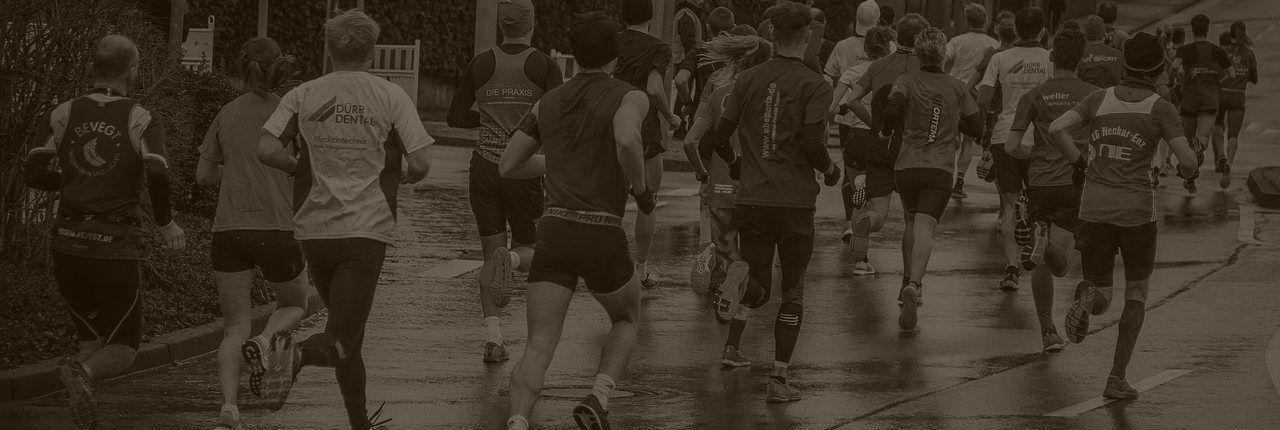
LIFESTYLE MEDICINE: STRESS
Manage Stress. Live Longer.
THE SIGNIFICANCE
Stress is the body’s way of reacting to a demanding situation—from the simple responsibilities we face every day to major challenges that can arise unexpectedly. Environmental stressors trigger a cascade of internal events that allow the body to respond appropriately. This physiologic reaction is often referred to as a “fight or flight” response and involves a complicated interplay between multiple organ systems. Ultimately, these instantaneous effects can help an individual perform tasks under pressure or achieve impressive physical accomplishments, such as running a marathon or giving birth.
Short-term stress can sometimes be beneficial, but stress that continues without relief can disrupt the body’s equilibrium. Mental Health America lists the following symptoms as potential indicators of stress overload:
- Fatigue
- Headaches
- Loss of concentration
- Difficulty making decisions
- Inability to control anger
- Increased use of alcohol, caffeine, cigarettes or drugs
- Increased or decreases eating
- Feeling overwhelmed
- Thinking often about what you need to do
THE EVIDENCE
Chronic stress directly contributes to numerous health problems including heart disease, stroke, obesity, depression, and maybe even cancer. Stress can also indirectly worsen disease by influencing lifestyle behaviors such as sleep, physical activity, and eating habits. A recent article in the American Journal of Lifestyle Medicineemphasizes that over 75% of doctor’s visits are stress-related, highlighting the urgent need to implement healthy stress management techniques.
Dean Ornish, founder of the Ornish Lifestyle Medicine program, explains that individuals can choose to handle stress in one of two ways: avoiding the external stressor or improving one’s own reaction. Avoidance may not be realistic and can sometimes lead to negative coping strategies. Conversely, developing effective strategies for dealing with stress can promote healthy reactions, build emotional resilience, and prevent the harmful effects of a stressful situation.
THE RECOMMENDATIONS
While it is important to minimize external stressors as much as possible, learning how to respond to stress can have significant health benefits. Simple, yet effective recommendations for addressing different types of stress are summarized:
- Determine the cause. Finding the source of your stress is the first step to effectively managing it.
- Recognize the signs. Understanding how stress impacts the way you function physically, mentally, and emotionally allows you to quickly identify it
- Identify unhealthy behaviors. Think about the way you react to stressful situations, and identify poor coping tendencies. Identifying unhealthy habits that may be ineffective or even worsen stress can help you correct these negative behaviors.
- Develop a stress management plan. Personalize your strategy for managing stress in a healthy way by deciding what is most enjoyable for you. Exercise and mindfulness techniques can be individualized to fit your lifestyle routine and can serve as effective tools for managing stress.
- Make healthy lifestyle choices. Engaging in healthy nutrition, sleep, and exercise habits can promote healthy behaviors that minimize the harmful effects of stress.
- Ask for help. Strong relationships can help alleviate stress by providing compassion and support. If you continue to overwhelmed, seeking the help of a health professional.
THE TAKEAWAY
Stress is an inevitable byproduct of modern life and can originate from a variety of sources, including financial obligations, occupational responsibilities, and social relationships. Each individual faces unique stressors that ultimately threaten their ability to live a productive and healthy life. By understanding the complex interplay between psychology and physiology, practitioners can provide individuals with the tools they need to successfully respond to stress from daily stressors as well as major challenges. Lifestyle medicine practitioners help individuals to minimize the negative effects of stress while optimizing their quality of life.




